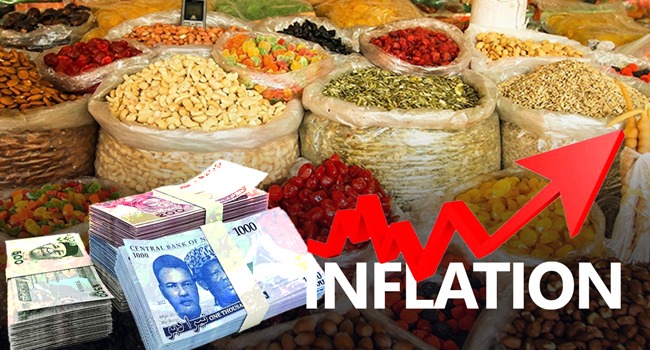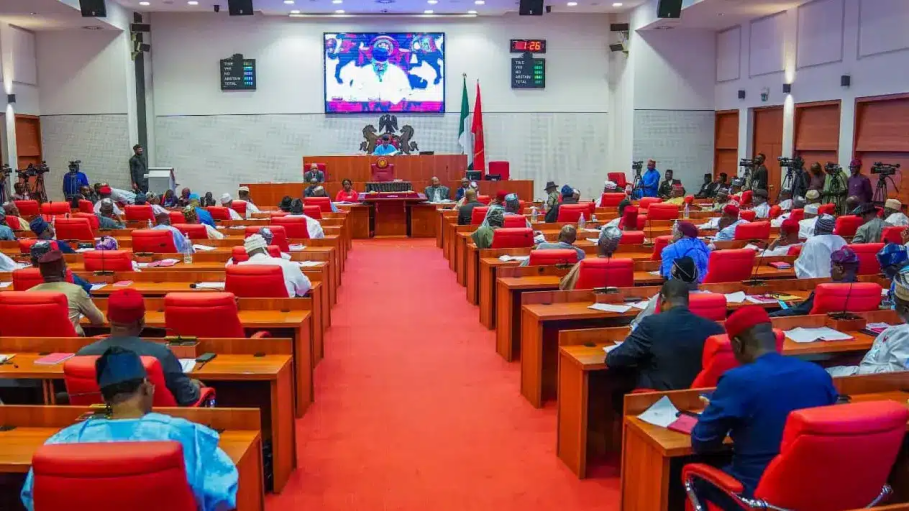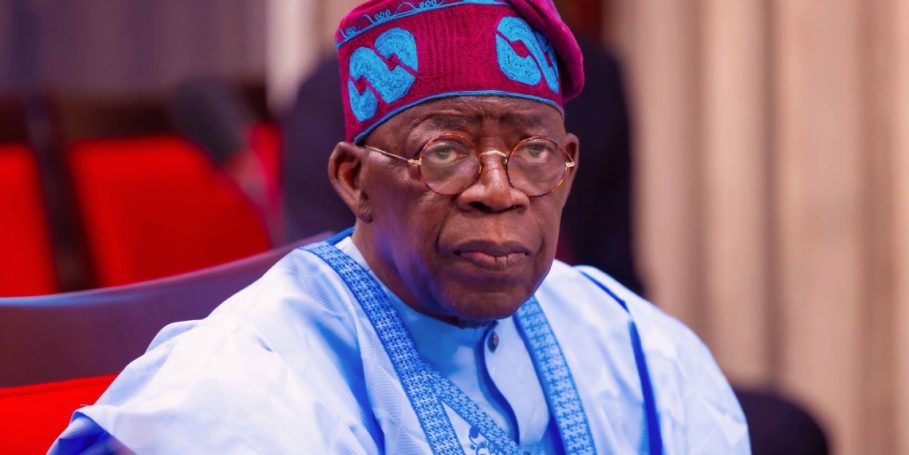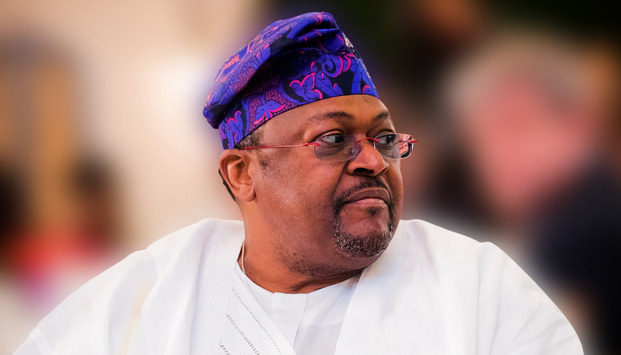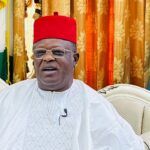Nigeria’s Inflation Rate Rises Again
Nigeria’s inflation rate rose to 32.70% in September 2024, according to the latest report from the National Bureau of Statistics (NBS). This marks a slight increase from the 32.15% recorded in August, ending two months of slowed inflation.
The NBS report highlights that inflationary pressures persist in key areas, especially food prices, which continue to burden households across the country.
Join our WhatsApp Channel“In September 2024, the headline inflation rate stood at 32.70%, slightly higher than the 32.15% recorded in August 2024,” the report stated. “This increase of 0.55% reflects the ongoing price pressures affecting essential goods and services nationwide.”
The annual comparison is even more striking. Year-on-year, inflation is up by 5.98 percentage points compared to the 26.72% recorded in September 2023.
Food Inflation Drives the Surge
A significant driver of inflation remains the rising cost of food. The report notes that food inflation climbed to 37.77% in September 2024, up from 30.64% in September 2023. This is largely due to increasing prices of staple foods like rice, maize, beans, and yams.
Month-on-month, food inflation also saw a rise, reaching 2.64% in September, compared to 2.37% in August. This shows that food prices are not only high but also increasing at a faster rate.
READ ALSO: Trekking Through Inflation: Nigerians Struggle With Rising Petrol Prices
“Food prices are rising faster than before,” said a Lagos-based market trader. “Staples like rice and yams are much more expensive than they were even a few months ago.”
Implications for Nigerians
As inflation continues to rise, Nigerians are feeling the impact in their daily lives. The rising cost of essential goods means households are spending more on basic needs. For many families, this leaves little room for other expenses, including healthcare and education.
John Abimbola, a primary school teacher in Lagos, expressed frustration with the constant rise in food prices. “It’s getting harder to feed my family,” he said. “Every time I go to the market, the prices are higher. It’s not just food; even transportation costs have increased.”
The ongoing inflationary pressures are linked to a variety of factors, including disruptions in supply chains, currency depreciation, and higher energy costs. Experts have also pointed to challenges in local food production, further fueling food price hikes.
Government’s Response to Inflation
The Nigerian government has acknowledged the challenges posed by inflation and has introduced measures aimed at curbing rising prices. However, many Nigerians are skeptical about how effective these policies will be in the near term.
Economist Bola Oyewole noted, “Inflation is a global problem, but Nigeria’s inflation rate is particularly high due to local issues like food supply shortages and currency instability. The government needs to do more to address these structural problems.”
Despite government efforts, the NBS report suggests that inflation will remain a concern for the foreseeable future, especially with the high cost of food being a persistent factor.
Looking Ahead
As inflation continues to climb, the economic outlook for Nigeria remains uncertain. While global factors such as rising fuel prices and supply chain disruptions play a role, local issues, especially around food production and supply, need to be addressed.
For now, Nigerians must brace for the continued impact of rising inflation, with food prices being a major point of concern. The NBS report concludes that the headline inflation rate is likely to remain elevated in the coming months unless significant interventions are made.
Emmanuel Ochayi is a journalist. He is a graduate of the University of Lagos, School of first choice and the nations pride. Emmanuel is keen on exploring writing angles in different areas, including Business, climate change, politics, Education, and others.
- Emmanuel Ochayihttps://www.primebusiness.africa/author/ochayi/
- Emmanuel Ochayihttps://www.primebusiness.africa/author/ochayi/
- Emmanuel Ochayihttps://www.primebusiness.africa/author/ochayi/
- Emmanuel Ochayihttps://www.primebusiness.africa/author/ochayi/


